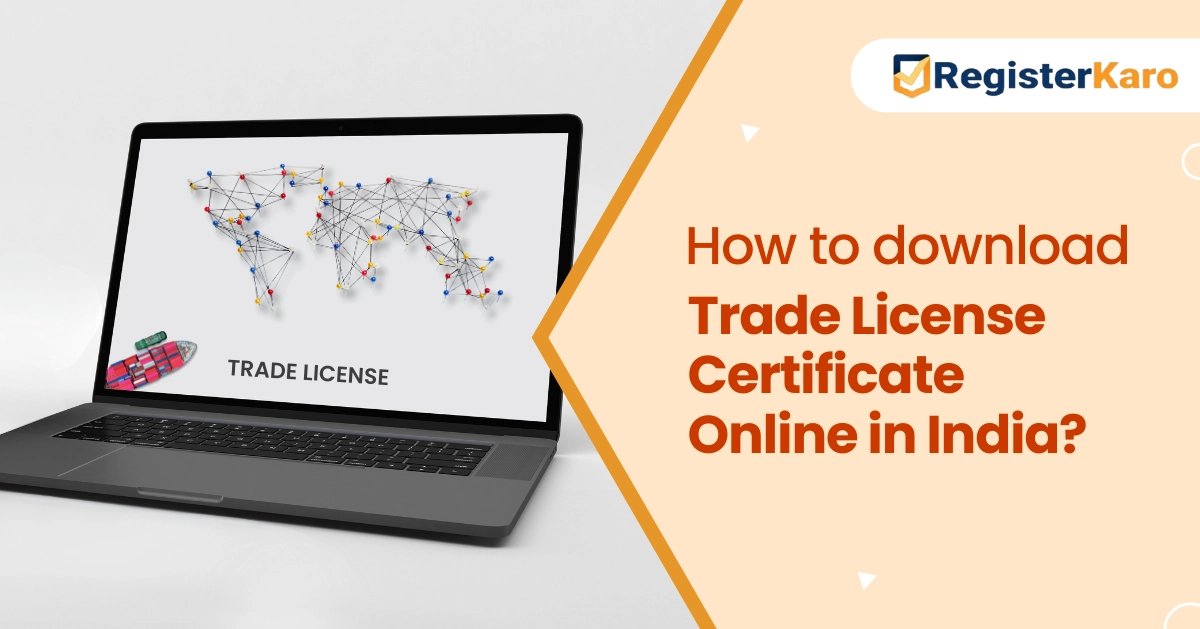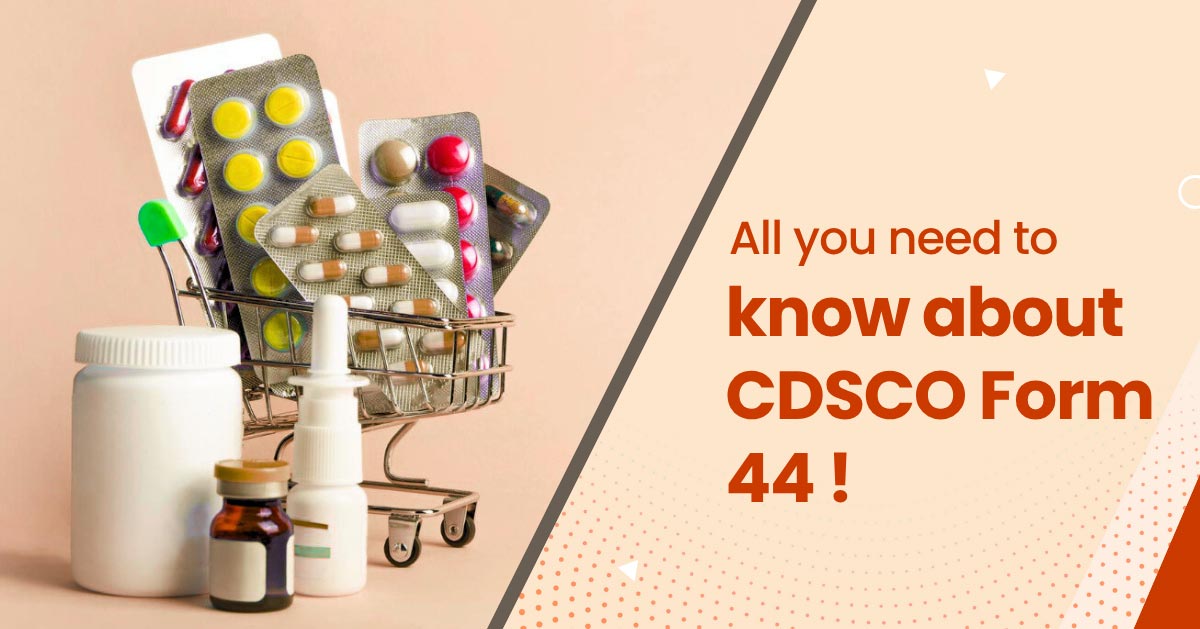A Petrol Pump License is the official permission needed to run a fuel station and distribute petroleum products such as petrol and diesel to the public. It guarantees that these products are sold and distributed in a regulated manner. This process upholds established safety and quality benchmarks.
In India, securing this license entails applying through Oil Marketing Companies (OMCs), fulfilling specific eligibility requirements, and adhering to the guidelines laid out by the Petroleum and Explosives Safety Organization (PESO).
The Role of Oil Marketing Companies
Oil Marketing Companies are crucial to the energy industry by refining, distributing, and selling petroleum products.
- Refining: OMCs acquire crude oil from upstream companies and convert it into marketable products like petrol, diesel, and various other petroleum derivatives.
- Distribution: They oversee the logistics of transporting these refined products to diverse distribution points, including retail outlets, industrial clients, and other consumers.
- Marketing and Sales: OMCs promote these products via their extensive network of retail outlets (fuel stations), often providing extra services such as vehicle maintenance and on-site convenience stores. They also implement marketing strategies to establish brand recognition and customer loyalty.
- Price Management: While OMCs strive to maximize their profits, they frequently encounter difficulties in managing prices due to government regulations and volatile global crude oil prices.
- Building Customer Relationships: OMCs invest in marketing programs and customer loyalty initiatives to attract and retain customers, guaranteeing a consistent demand for their products.
Types of Petrol Pump Dealerships
In India, petrol pump dealerships are primarily offered by Oil Marketing Companies (OMCs), both public and private.
While the specific terms and schemes may vary slightly between OMCs, the core types of dealerships generally fall into these categories based on land ownership and operational models:
1. Dealer-Owned, Dealer-Operated (DODO) / "B" or "DC" Sites
This is the most common type of dealership. The prospective dealer owns the land or has it on a long-term lease. The dealer is also responsible for developing the infrastructure (building, boundary wall, etc.). The OMC typically provides the fuel dispensing units, underground storage tanks, and branding/signage.
- Responsibility: The dealer manages all day-to-day operations, including staffing, sales, and maintenance.
- Investment: Requires a significant upfront investment from the dealer for land acquisition/lease and infrastructure development.
2. Company-Owned, Dealer-Operated (CODO) / "A" or "CC" Sites
In this model, the OMC owns the land and has developed the entire infrastructure of the petrol pump. The OMC then leases the fully built and equipped petrol pump to an independent dealer.
- Responsibility: The dealer operates the station, manages staff, and handles sales, adhering to the OMC's guidelines and standards.
- Investment: The dealer's investment is considerably lower as they don't need to acquire land or build infrastructure. Their primary investment is in working capital, security deposits, and operational costs.
3. Company-Owned, Company-Operated (COCO)
In this model, the OMC not only owns the land and infrastructure but also directly manages and operates the petrol pump using its employees.
- Responsibility: The OMC handles all aspects of the business, from operations to staffing and sales.
- Purpose: COCO outlets are often established by OMCs in strategic locations or to maintain a direct presence and ensure strict adherence to quality and service standards. They are generally not available for individual dealerships.
4. Rural Retail Outlets (Kisan Seva Kendra - KSK) / Rural ROs
These are specifically designed for rural areas to cater to the fuel needs of the agricultural sector and local communities. The eligibility criteria and investment requirements for KSKs are generally lower than for regular retail outlets.
- Location: Situated in rural areas, usually not on national or state highways.
- Purpose: To improve fuel accessibility and service in underserved rural regions.
5. Corpus Fund Scheme (CFS Sites)
This is a special scheme offered by OMCs (particularly public sector OMCs) to provide financial assistance to eligible applicants, especially those from reserved categories (SC/ST). Under this scheme, the OMC provides the land and develops the site, and also offers financial support for the initial investment.
- Eligibility: Primarily for individuals from specific categories to promote inclusive growth in the dealership network.
COCO vs CODO vs DODO Models
In India, petrol pump operations primarily fall under three models, determined by the ownership of land and operations.
Here's a comparison:
| Feature | COCO (Company-Owned, Company-Operated) | CODO (Company-Owned, Dealer-Operated) | DODO (Dealer-Owned, Dealer-Operated) |
| Land Ownership | Owned by the Oil Marketing Company (OMC) | Owned by the OMC | Owned or long-term leased by the Dealer |
| Infrastructure | Developed and owned by the OMC | Developed and owned by the OMC | Developed and owned by the Dealer |
| Operations | Managed directly by the OMC using its staff | Managed by an independent Dealer | Managed by the Dealer |
| Investment by Dealer | None (not a dealership model) | Lower (primarily working capital, security deposit) | High (for land acquisition/lease & infrastructure) |
| Control | Full control by OMC | OMC sets guidelines, dealer manages operations | The dealer has significant operational autonomy |
| Profit Sharing | OMC retains all profits | The dealer earns a commission on sales | The dealer earns direct profits after expenses |
| Common Use | Strategic locations, flagship outlets, and training centers | A common model for expanding a network with less OMC direct investment | The most common type, empowering local entrepreneurs |
| Availability for Dealership | Generally not open for public applications (sometimes managed by service providers or retired defense personnel) | Open for applications from individuals/entities | Most frequently advertised for new dealerships |
| Risk | Borne by OMC | Shared between OMC (asset risk) and Dealer (operational risk) | Primarily borne by the Dealer |











